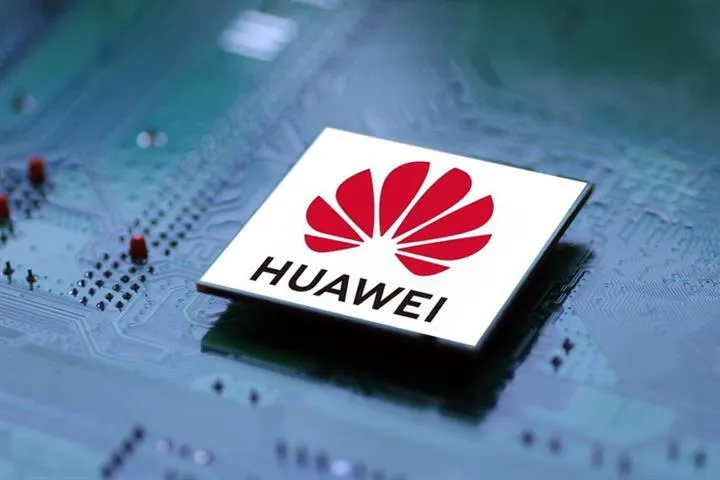US chip export rules are facing serious criticism right now, and they may actually weaken America’s position. David Sacks, the White House’s AI and crypto czar, warns that restrictive US chip export rules could backfire and hurt US tech dominance across multiple sectors. The rapid rise of Huawei chip exports and China AI models like DeepSeek shows Chinese companies are adapting faster than anyone anticipated, and DeepSeek AI innovation is closing the technology gap way quicker than expected.
Also Read: India Urges BRICS Digital Pact, Raising Alarm Bells for US Hegemony
China’s AI Gains, DeepSeek’s Surge, and Risks to US Tech Power

DeepSeek Changes Everything About Chinese AI Progress
The launch of DeepSeek fundamentally shifted how experts view China’s AI capabilities right now, and the US chip export rules haven’t slowed this progress as intended. Before this breakthrough came along, industry experts believed China AI models were years behind American counterparts – but that assumption got shattered pretty quickly.
David Sacks was clear about the fact that:
“Back in January, we had this DeepSeek moment where, before DeepSeek, people thought that Chinese AI models were years behind. And then DeepSeek launched, we realized that maybe they’re more like three to six months behind.”
While Sacks estimates China remains one and a half to two years behind the US in chip design at the time of writing, companies like Huawei are moving fast to close this gap. The speed suggests US chip export rules have been less effective than hoped, and Huawei chip exports could soon challenge American dominance globally through advanced DeepSeek AI innovation.
Export Controls May Actually Accelerate Chinese Independence
Critics argue US chip export rules are achieving the opposite of their intended effect, and the evidence is mounting. By restricting access to American semiconductors, these policies drive Chinese companies toward domestic alternatives and spur government investment in homegrown technology development.
Nvidia CEO Jensen Huang criticized the policy at Computex Taipei in May:
“The export control gave them the spirit, the energy, and the government support to accelerate their development. So I think, all in all, the export control is a failure.”
Huang also mentioned that the market share of Nvidia in China was reduced by 95 percent to 50 percent in four years. This is evidence of US tech hegemony being chipped away as China AI prototypes and the DeepSeek AI technology are developing at lightning speed at the expense of Huawei exporting chips to the rest of the world.
Huawei’s Global Strategy Threatens US Market Share

David Sacks expressed particular concern about Huawei’s potential global expansion despite current supply constraints. The Chinese tech giant plans to export chips internationally before fully catching up to American technology, and this strategy could allow them to capture global market share while the US government restricts its own firms through US chip export rules.
David Sacks warned about the long-term consequences:
“Even before they fully caught up, I think you will see them exporting their chips for the global market.”
He added:
“If we’re overly restrictive in terms of US sales to the world, I think there’ll be a time where we’re kind of kicking ourselves when, all of a sudden, Huawei is everywhere.”
Also Read: Amazon Hints at AI Taking Over Workforce: AMZN Stock Responds
Market Analysis Shows Policy Failure
Bernstein analysts noted in April that banning chips is unlikely to halt China’s AI progress, as Chinese firms increasingly turn to domestic alternatives. The transformation threatens US tech dominance as Huawei chip exports gain ground and China AI models improve through DeepSeek AI innovation at an unprecedented pace.
David Sacks emphasized the strategic miscalculation of overly restrictive US chip export rules:
“We’ll be saying, well, wait, when we had this whole market to ourselves, why didn’t we take advantage of the opportunity and lock in the American tech stock?”
The semiconductor industry faces a crossroads where current US chip export rules may determine whether American companies maintain leadership or lose ground to rapidly advancing Chinese competitors leveraging Huawei chip exports and China AI models right now.






